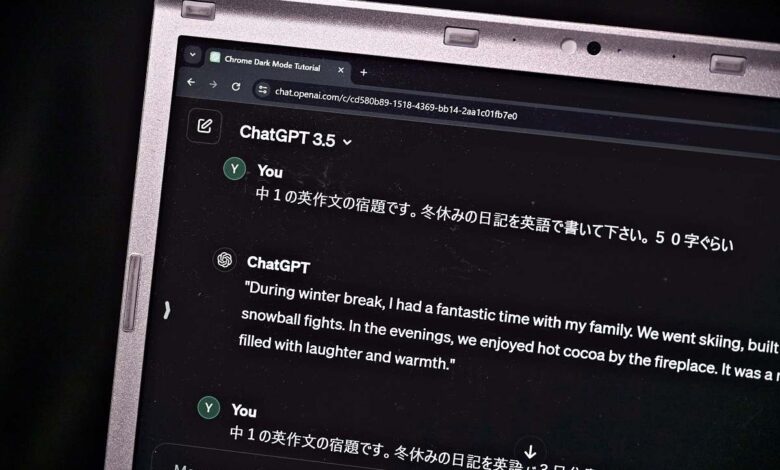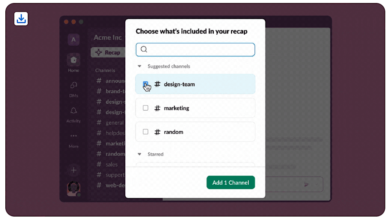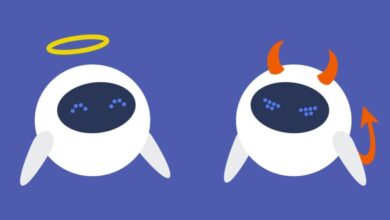Examining Generative AI: Impact on Society / Students Have AI Come Up with Answers, Copy Them

ChatGPT generates sentences in English based on instructions to write a diary entry about winter break.
6:00 JST, May 14, 2024
The use of generative AI has been rapidly expanding in various areas of society. While people place high expectations on generative AI to improve convenience, confusion caused by the negative impact of generative AI is spreading in people’s daily lives. This is the first installment of a series which explores issues and potential countermeasures in the fields of education, government, business, medicine and sport.
***
“It’s like a free tutoring service has emerged,” said a 56-year-old English teacher at a Tokyo private junior and senior high school.
During the winter break last academic year, he gave his first-year junior high school students homework to write a diary in English, and received some diaries written in “excellent English sentences” using the present-perfect tense and other grammar that he had not yet taught them.
There was no doubt that generative artificial intelligence had been used to complete the assignment.
“I set the homework because I want students to get into the habit of using English and to review grammar,” the teacher said. “Learning from having mistakes pointed out is essential for language acquisition. There is nothing they can learn from merely copying ‘correct’ answers provided by AI.”
Faced with the reality of students’ growing dependence on generative AI, this school stopped setting English composition homework since the spring break.
National Institute of Informatics Prof. Ichiro Satoh said: “Students who are negative about learning become dependent on generative AI, which hinders the development of their thinking and creative abilities. This could widen the achievement gap.”
The impact on universities is even more serious.
Ryukoku University Associate Prof. Yasushi Noro last July thought something was off about a report submitted by a student. Although there were no grammatical mistakes, the content lacked specificity. The names of the authors the student cited were real people, but their book did not exist.
Noro questioned the student, who admitted to “having AI write the report as I was not good at putting things together in writing.” Noro had the student redo it, saying, “It doesn’t matter how poorly you write, it’s important to think and write by yourself.”
Universities nationwide have been issuing reminders since last spring that the use of AI without permission in reports and other documents can be considered academic misconduct and subject to disciplinary action. In several cases, students who were found to have cheated were faced with grade penalties or loss of credit.
However, these revelations are just the tip of the iceberg. A 19-year-old sophomore at a private university in Tokyo said, “I basically leave it to generative AI on my reports assigned for compulsory subjects that I am not interested in. I don’t want to take up unnecessary time or lose credits by submitting incomplete reports.”
The free release of ChatGPT in November 2022 led the rapid spread of generative AI throughout society, and there are calls for its use in schools as well.
The Education, Culture, Sports, Science and Technology Ministry in July 2023 released generative AI guidelines for elementary, junior high and high schools, and stated that the guidelines were “not a uniform ban nor a mandate on the use of AI.” A Tokyo elementary school teacher said this phrasing was interpreted by many as the ministry “effectively giving the go-ahead for its use of AI in schools.”
At a ministry-sponsored symposium in February, a university professor on the panel said: “The gap between those who can use AI and those who cannot will widen. The job of education is to enable as many people as possible to use AI.”
Code for Everyone, a nonprofit organization that supports information education in schools, provides free generated AI for schools and holds teacher training sessions, believing that “it is essential for children to be exposed to AI and understand how it works.”
Last academic year, the education ministry designated 52 elementary, junior high and high schools nationwide as research schools for the use of generative AI.
Some teachers praise the use of AI, saying, “When we asked the AI to give its opinion, it gave us viewpoints that students did not have, such as those of the elderly and pregnant women, which deepened student discussion.” But others say, “Generative AI immediately gives correct answers, keeping children from thinking deeply about the issue.”
University of Tokyo Prof. Kuniyoshi Sakai urges schools to stop and scrutinize whether generative AI can really nurture children’s ability to think.
“To deepen your understanding, it is necessary to engage in dialogue while picking up on other people’s intentions and shake up your own thinking. This process cannot be replaced by AI that merely synthesizes sentences without any intention,” he said.



